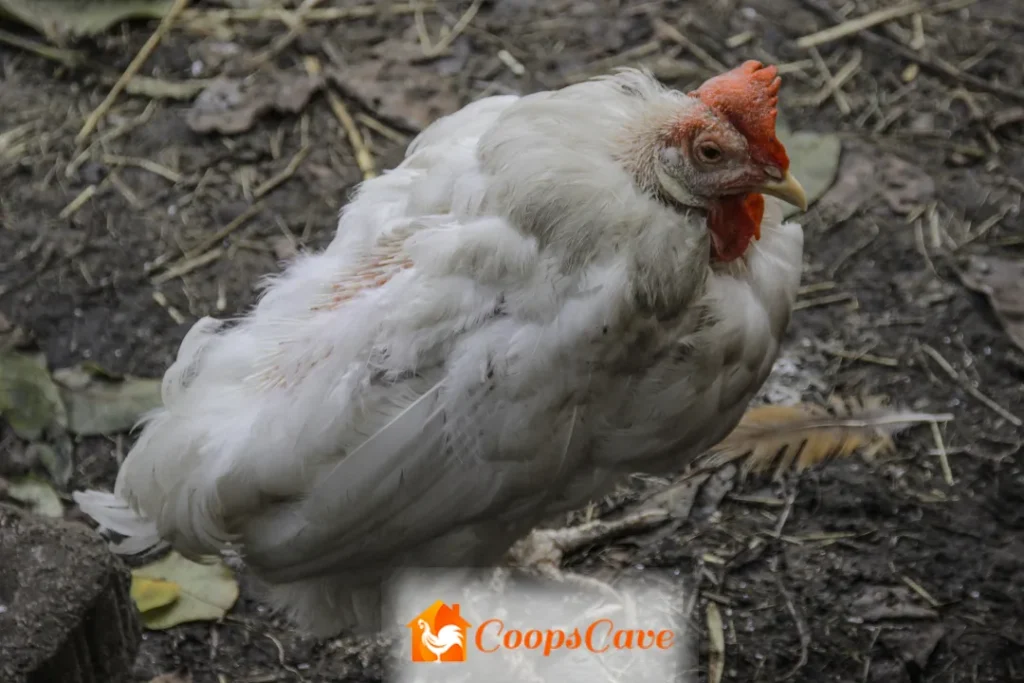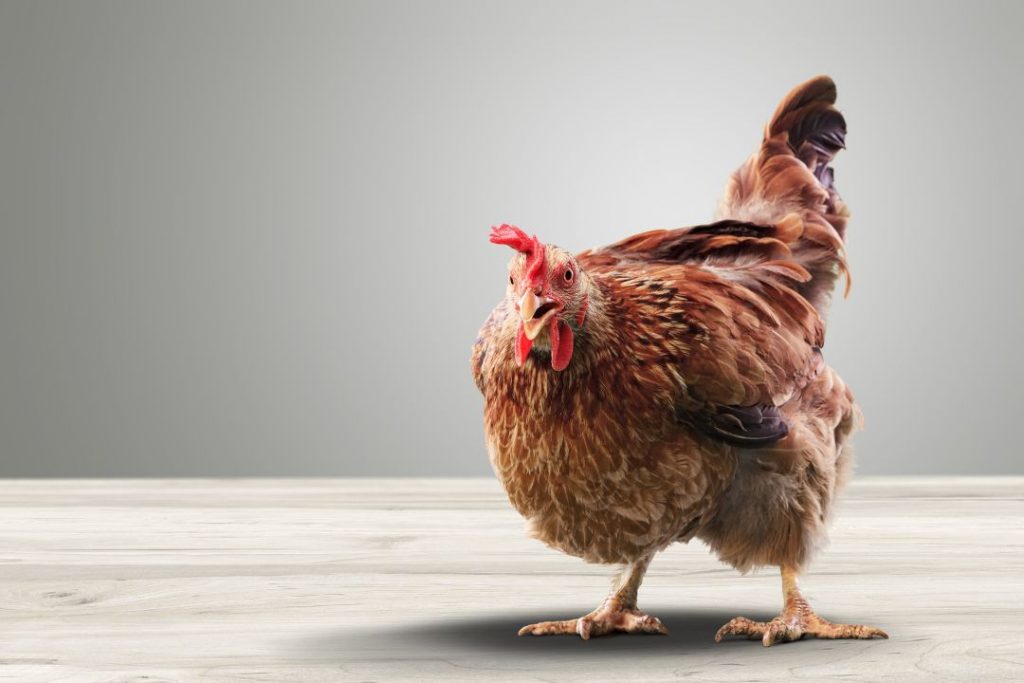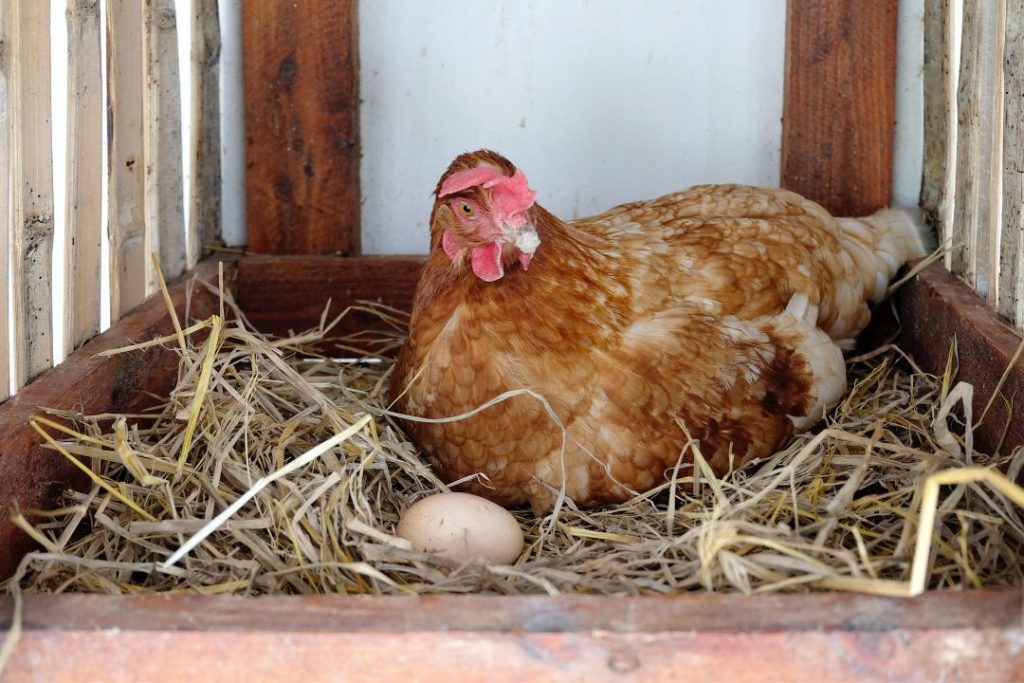Fly strike is a distressing condition that can affect any chicken, anywhere. When it attacks your flock, you may wonder, thinking, “What is fly strike in chickens?”
It’s a serious, often fatal disease caused by flies laying eggs on your chicken’s skin. The larvae that emerge from these eggs consume your chicken’s meat.
Throughout this comprehensive article, we will discuss what is a fly strike in chickens and its other related information. So, without further ado, keep going into the discussion below:
What Is Fly Strike In Chickens?
Fly strike or myiasis, is a grim reality in the poultry world. It’s a parasitic condition that can turn deadly if not addressed promptly. But what exactly is a fly strike in chickens?
Fly strike is a gruesome infestation. It’s not a disease in the traditional sense but a parasitic attack. The culprits are flies drawn to chickens for a specific purpose – to lay their eggs.
Flies are more than just annoying pests. They’re opportunistic insects that seek out ideal conditions for their offspring. For certain fly species, a chicken’s skin provides the perfect nursery.
Understanding the life cycle of a fly is important for you to understand fly strike. After mating, female flies lay eggs. They prefer warm, moist environments. Unfortunately, your chicken’s skin fits the bill.
The real problem begins when the fly eggs hatch. The larvae, commonly known as maggots, emerge with an insatiable hunger. Their food of choice? The chicken’s flesh.
However, to learn more details of fly strike in chickens you can watch this video
What Are The Causes Of Fly Strikes?
The fly strike doesn’t occur in a vacuum. Certain conditions make chickens more susceptible to this parasitic infestation. Let’s learn about the causes of fly strikes.
1. The Lure of Damp & Dirty Conditions
Flies are attracted to damp, dirty environments. A chicken coop that isn’t regularly cleaned can become a breeding ground for flies, increasing the risk of fly strikes.
2. Health Conditions & Fly Strike
Chickens with health issues are particularly vulnerable. Those suffering from diarrhea, for example, can attract flies due to dampness and odor.
3. Wounds & Fly Strike
Wounds are another fly magnet. Flies are drawn to the smell of blood and the moist environment of a wound, making injured chickens prime targets for fly strikes.
4. Preening & Fly Strike
Preening is a chicken’s way of keeping itself clean. Chickens that can’t preen properly due to illness or injury are at an increased risk of fly strike.
What Are The Fly Strike Symptoms?

Identifying fly strikes early can save your chicken’s life. Here’s how to recognize the symptoms.
1. Restlessness
A chicken with a fly strike may appear restless or agitated. This is a response to the discomfort caused by the larvae.
2. Loss of Appetite
Chickens with fly strikes often lose their appetite. This can lead to weight loss and further weaken your chicken’s health.
3. Unpleasant Odor
Fly strike has a distinctive smell. If you notice an unusual, unpleasant odor from your chicken, it could signify a fly strike.
4. Isolation and Discomfort
Chickens suffering from fly strikes may isolate themselves from the flock. They may also show signs of discomfort, such as frequent preening or pecking at an area of their body.
How To Prevent Fly Strike In Chickens: Proactive Measures
To prevent your fly strike in your chickens follow the easy preventive measures below:
1. Maintaining Cleanliness
Keeping your chicken coop clean is the first step in preventing fly strikes. Regularly remove droppings and replace bedding to keep the environment dry and unattractive to flies.
2. Conducting Regular Health Checks
Regular health checks on your chickens for wounds, parasites, and signs of illness are crucial. Prompt treatment can prevent conditions that attract flies.
3. Implementing Fly Traps and Repellents
Fly traps and repellents can help reduce the fly population in and around your chicken coop, reducing the risk of fly strikes.
To learn more about fly strike’s easy prevention we recommend you to watch this video:
How To Treat Fly Strike in Chickens?
Early detection is crucial in treating fly strikes. If you notice any symptoms, check your chicken for maggots and consult a vet immediately.
1. Removal of Maggots
The earliest feasible removal of maggots is required. To prevent further harm to your chicken, we recommend you contact a veterinarian to handle this delicate process.
2. Aftercare and Recovery
After treatment, chickens need a clean, quiet place to recover. Antibiotics may be needed to prevent infection; pain relief can help with discomfort.
Final Thoughts
Optimistically this comprehensive guide on “what is fly strike in chickens” has been helpful for you. Understanding what fly strike in chickens is and how to prevent them is crucial for anyone raising chickens.
You can protect your flock from this distressing condition by maintaining cleanliness, conducting regular health checks, and using fly traps and repellents. Early detection and prompt treatment will greatly help to save your chicken’s life if a fly strike occurs.


